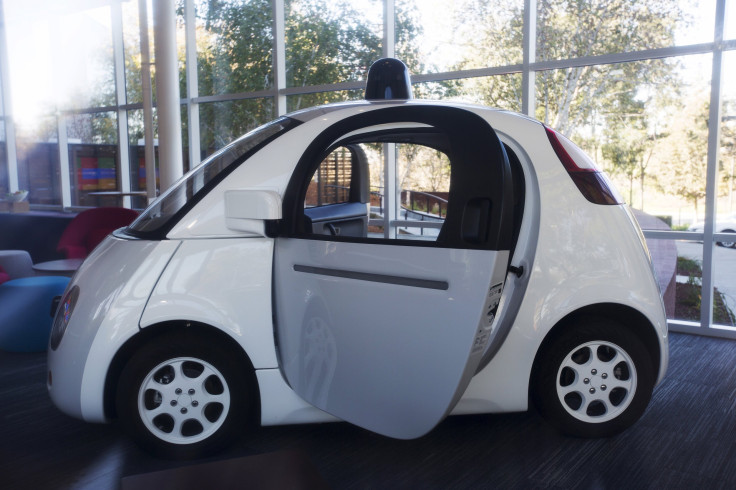Google Expands Hiring For Self-Driving Car Effort, Advertises Dozens Of Manufacturing Jobs

Google is looking to expand hiring for its self-driving car project, advertising dozens of jobs for engineers as well as marketing managers on its website with a special focus on manufacturing expertise. Earlier this week, the world’s most valuable technology company received a crucial boost after U.S. vehicle safety regulators said that the robots powering the company's autonomous vehicles could meet the legal definition of a driver.
Thirty-six jobs related to various parts of the Google X car project were listed, looking for expertise in motion control, robotics, manufacturing and mangers to handle marketing and materials. While the company has denied in the past that it had any interest in making cars, the hiring drive provides a window into how much hardware Google may build to contribute to the cars of the future, Reuters reported.
In January, John Krafcik, president of the Google self-driving car project, reportedly said he wanted to form partnerships with established carmakers and suppliers in 2016 to accelerate work.
Many traditional carmakers and technology companies like Apple and Uber Technologies are trying to develop their own self-driving cars.
One of the adverts for a marketing manager said that Alphabet — Google’s holding company — intends to bring “self-driving cars to market” and “apply [a] new brand identity” after the project “graduates” from the company’s X division. The X division develops futuristic projects described as “moonshots” such as Google Glass and Loon. The company's Loon project is an attempt to provide internet access to everyone using a network of balloons in the stratosphere.
“Obviously, they are planning to scale up,” Mark Stevens, a project manager at the Centre for Automotive Research, told the Guardian. “But they are planning to stay with plastics, polymers or some sort of composite material.”
Noting that many of the jobs listed “experience working in Asia” as one of the criteria, Stevens said Google may look to outsource the manufacture of tooling to build the next generation of autonomous vehicles. However, Stevens said he does not believe that the adverts indicate a shift to mass manufacture just yet.
“Composites are typically not deployed on high volume vehicles,” he reportedly said.
© Copyright IBTimes 2025. All rights reserved.





















